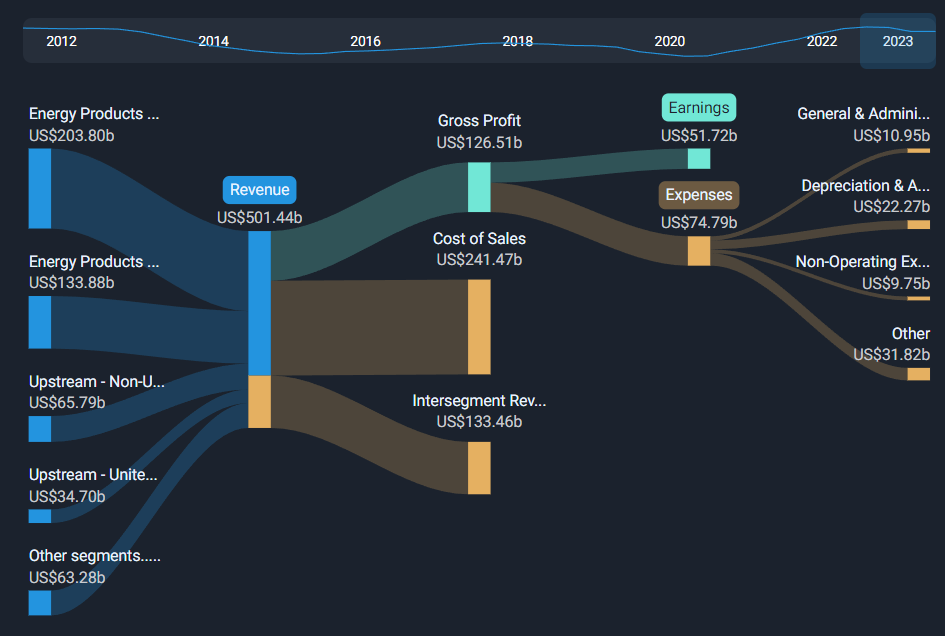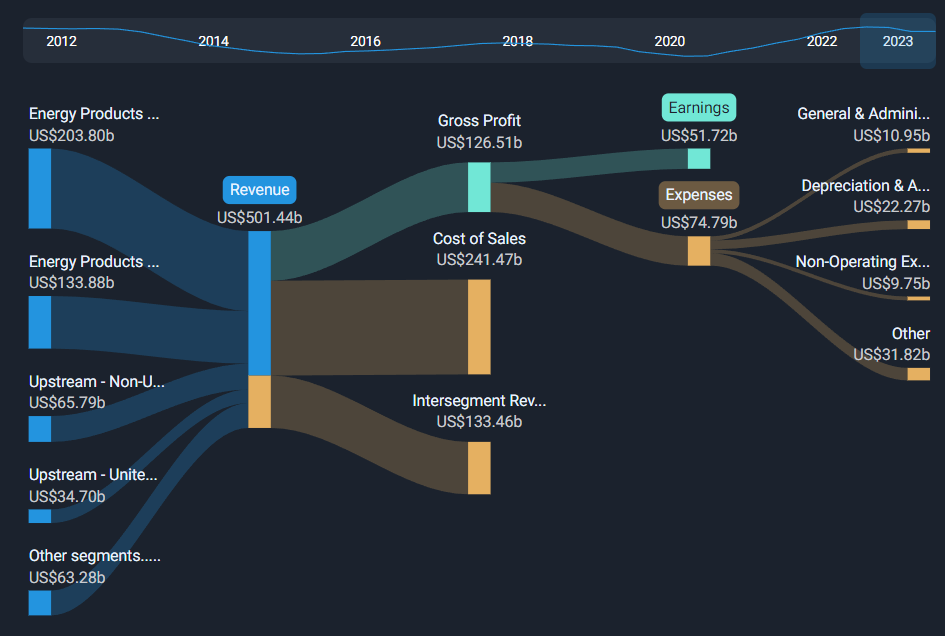Money Matters: Americans Overwhelmingly Back High School Financial Literacy
Finance
2025-04-21 12:00:40Content

Americans Overwhelmingly Support Financial Education in High Schools
In a groundbreaking survey commissioned by the American Bankers Association Foundation, an impressive 90% of U.S. adults have voiced strong support for integrating financial education into high school curricula. This nonprofit organization, dedicated to empowering bankers to provide critical financial literacy resources, has highlighted a growing national consensus on the importance of preparing young students for financial independence.
Currently, twenty-seven states have taken a proactive approach by mandating standalone personal finance courses for all high school students. These states recognize that equipping teenagers with essential money management skills is crucial in today's complex economic landscape.
The survey results underscore a widespread belief that financial education is no longer a luxury, but a necessity for young Americans preparing to navigate their economic futures. By teaching critical skills like budgeting, investing, and understanding credit, schools can help students build a strong foundation for long-term financial success.
Revolutionizing Financial Literacy: The Critical Need for Comprehensive Money Management Education in American High Schools
In an era of complex financial landscapes and increasing economic challenges, the importance of financial education has never been more paramount. As young Americans prepare to navigate the intricate world of personal finance, the education system stands at a critical crossroads, with the potential to empower an entire generation with crucial money management skills that can transform their economic futures.Unlocking Financial Potential: Why Money Matters More Than Ever
The Overwhelming Public Consensus on Financial Education
The American public has spoken with resounding clarity about the critical importance of financial literacy. Recent comprehensive research reveals an unprecedented level of support for integrating robust financial education into high school curricula. Approximately 90% of adults firmly believe that comprehensive money management training should be a mandatory component of secondary education, signaling a profound societal recognition of financial knowledge as a fundamental life skill. This overwhelming consensus stems from a growing awareness of the complex financial challenges facing young adults. From understanding credit scores and investment strategies to navigating student loans and personal budgeting, the modern financial landscape demands sophisticated knowledge that traditional educational models have historically overlooked.The Current State of Financial Education Across the Nation
Despite widespread public support, the implementation of financial education remains inconsistent across the United States. Currently, only 27 states have established dedicated personal finance courses as a guaranteed component of high school education. This patchwork approach leaves millions of students vulnerable to financial illiteracy, potentially impacting their long-term economic stability and personal success. The disparity in financial education highlights a critical gap in the educational system. States that have implemented comprehensive financial literacy programs have demonstrated significant improvements in students' financial decision-making skills, economic preparedness, and overall financial confidence.Economic Implications of Financial Literacy
The ramifications of financial education extend far beyond individual student outcomes. A financially literate population contributes to broader economic stability, reduced consumer debt, and increased economic resilience. By equipping young adults with essential money management skills, schools can play a transformative role in breaking cycles of financial uncertainty and empowering future generations. Research consistently shows that students who receive comprehensive financial education are more likely to make informed financial decisions, avoid predatory financial products, and develop sustainable long-term financial strategies. These skills become particularly crucial in an increasingly complex global economic environment.Innovative Approaches to Financial Education
Forward-thinking educational institutions are developing innovative approaches to financial literacy that go beyond traditional classroom instruction. Interactive workshops, real-world simulation programs, and partnerships with financial institutions are creating dynamic learning experiences that engage students and make financial concepts more accessible and relevant. These cutting-edge educational models incorporate practical skills such as digital financial management, understanding cryptocurrency, analyzing investment opportunities, and developing comprehensive personal financial plans. By making financial education interactive and contextually relevant, schools can transform potentially dry subject matter into engaging, life-changing learning experiences.The Role of Technology in Financial Learning
Digital platforms and technological innovations are revolutionizing financial education, providing students with unprecedented access to financial learning resources. Mobile applications, online courses, and interactive financial simulation tools are making complex financial concepts more accessible and engaging for young learners. Technology enables personalized learning experiences that can adapt to individual student needs, providing targeted financial education that addresses specific knowledge gaps and learning styles. This technological approach represents a significant leap forward in making financial literacy more inclusive and effective.Preparing for a Complex Financial Future
As economic landscapes continue to evolve rapidly, the need for comprehensive financial education becomes increasingly urgent. The next generation of Americans must be equipped with the knowledge, skills, and confidence to navigate increasingly complex financial systems, make informed economic decisions, and build sustainable personal financial strategies. The integration of robust financial education into high school curricula represents more than an educational initiative—it is a critical investment in individual and collective economic empowerment.RELATED NEWS

Earnings Rollercoaster: Hong Fok's Profit Plummets 74% in Challenging 2024 Financial Year







